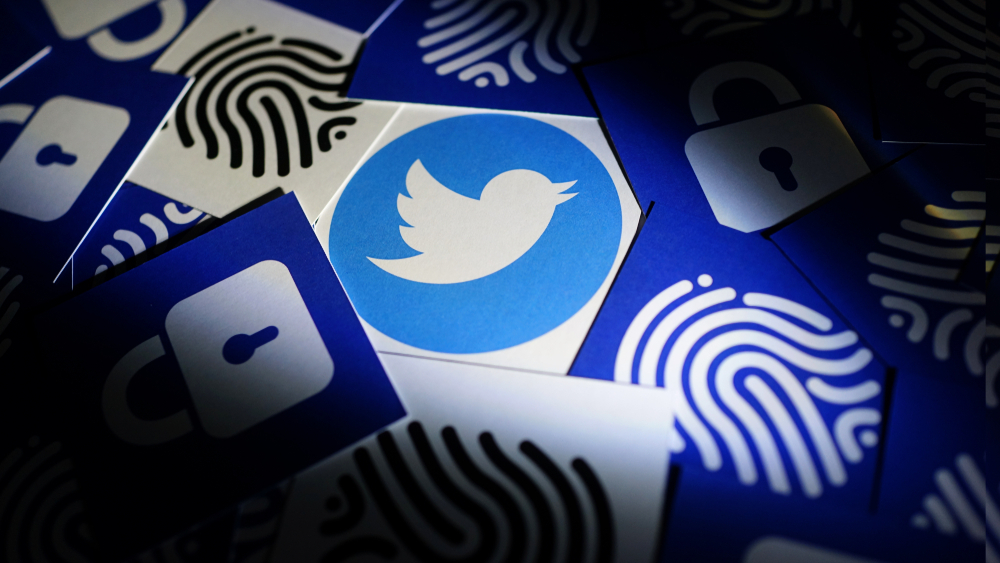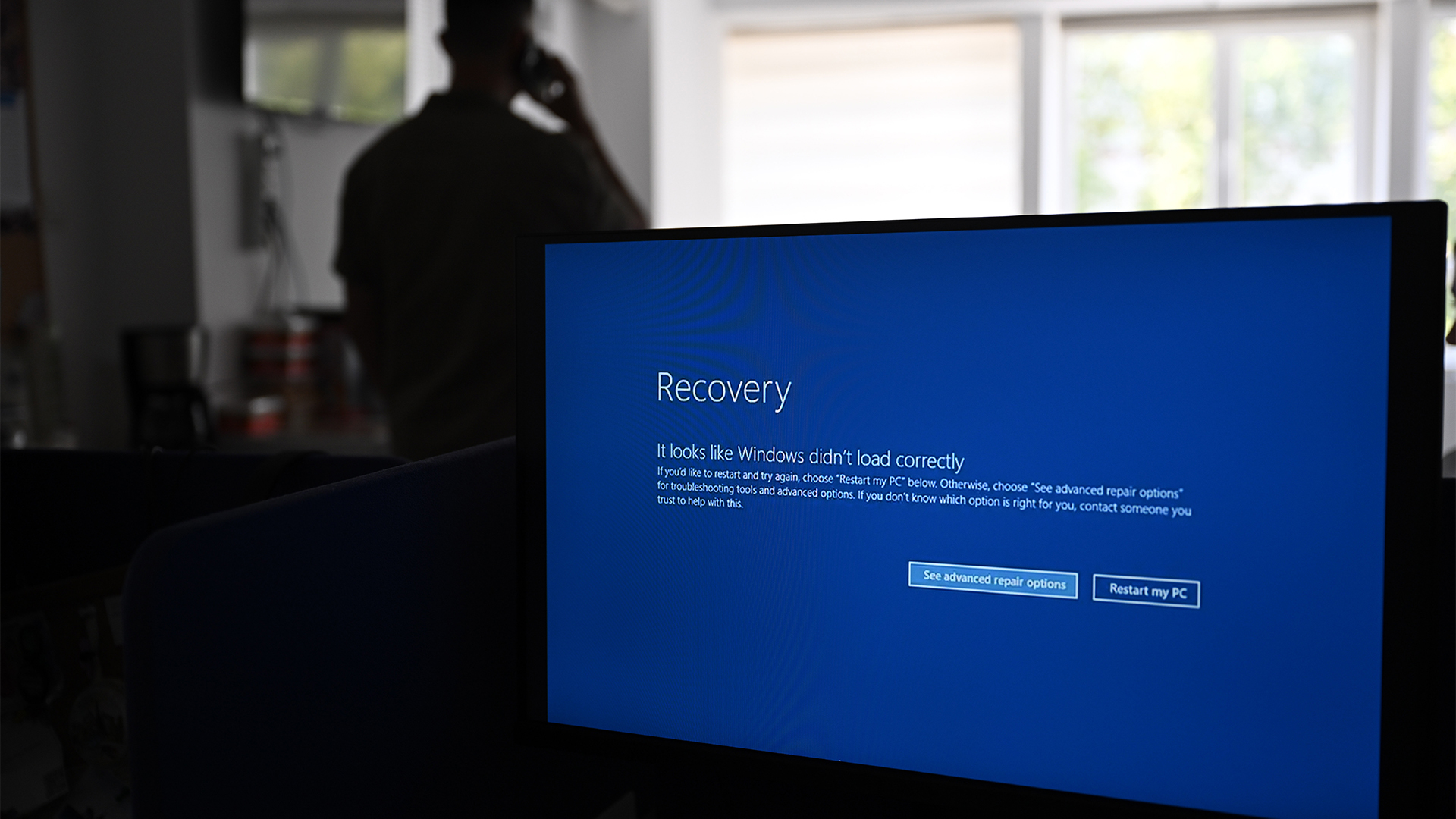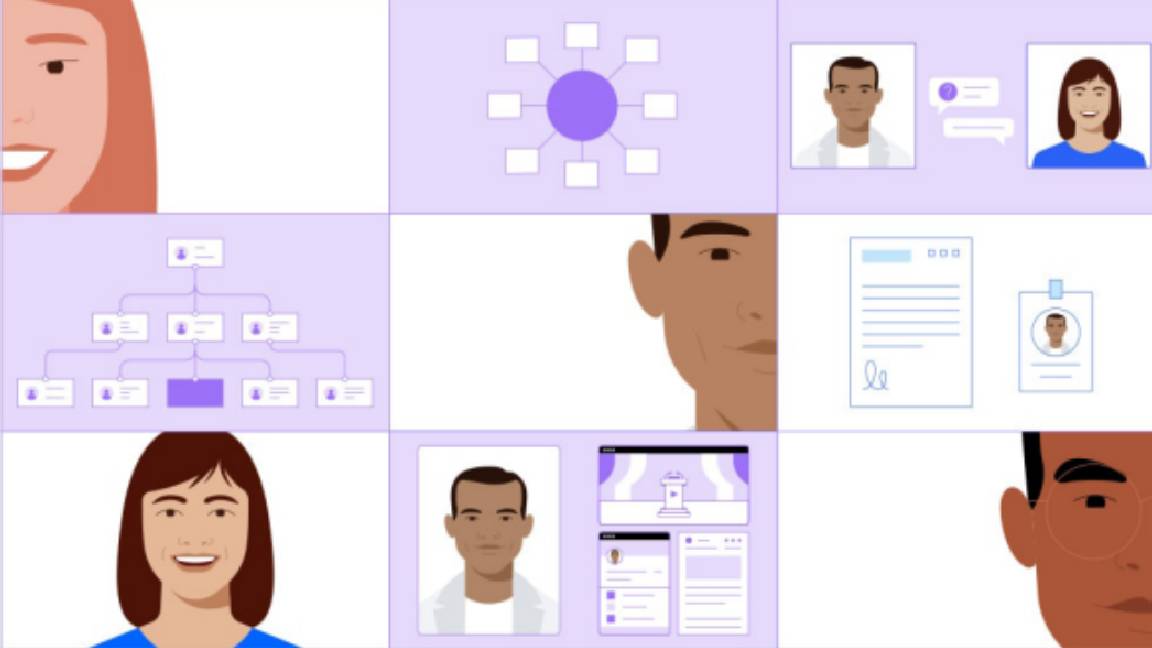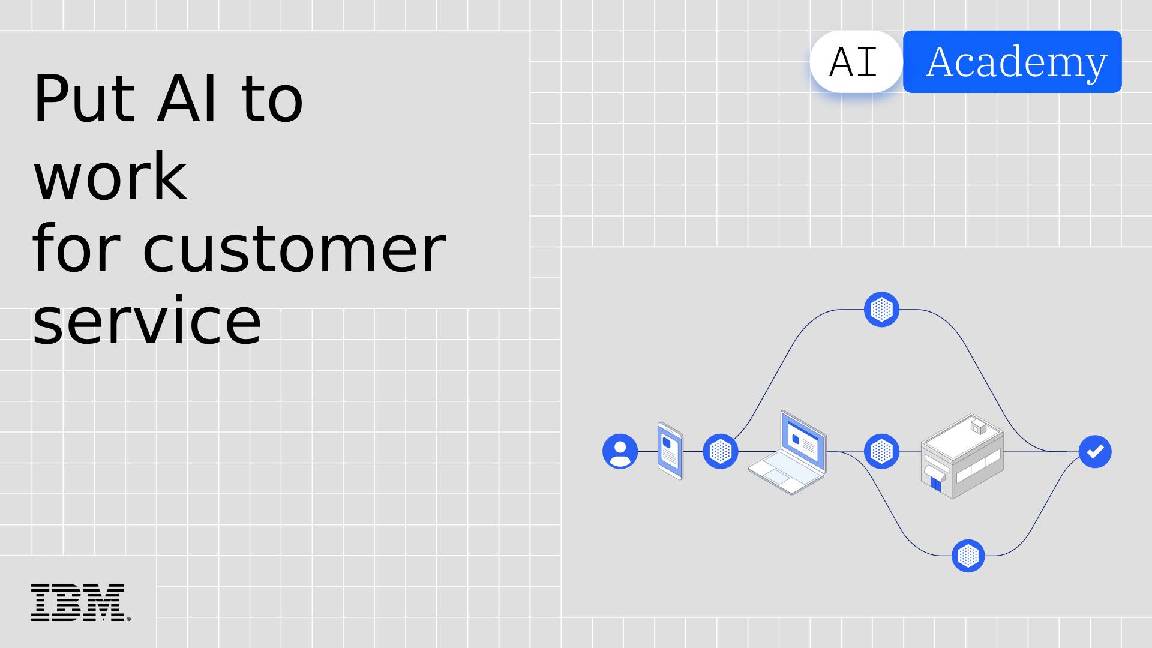Twitter pins global outage on unscheduled 'system change'
The brief outage heavily disrupted several of the firm's APIs including Enterprise Search and its Engagement API


Twitter is blaming a global outage that knocked its entire social media platform offline for several hours on Thursday evening on irregularities with some of its application programming interfaces (APIs).
A planned system change caused Twitter to be down for many users from approximately 10:30pm BST, with the full outage lasting an hour and a half, the company confirmed through its health status page. The incident was not caused by a breach or an external security threat.
Disruption, however, continued well into Friday morning, with an investigation finding several Twitter APIs, including Enterprise Search, Insights Track and the Engagement API, were also disrupted during the outage. Services continued to suffer from some degree of disruption for several hours, with services only recovering in full at 5:13am BST.
“Twitter has been down for many of you and we’re working to get it back up and running for everyone. We had some trouble with our internal systems and don’t have any evidence of a security breach or hack,” the company confirmed just after midnight.
“The outage was caused by a system change initiated earlier then planned [sic], affecting most of our servers. We’re working hard to bring Twitter back to normal and expect things to be fully resolved in 1-2 hours. We appreciate your patience.”
RELATED RESOURCE

There are no details as to what the nature of this inadvertent change to Twitter’s systems was. The incident, however, struck a day after the company was embroiled in something of a scandal surrounding the suppression of an article published in the New York Post about the son of US presidential candidate Joe Biden, Hunter.
Twitter had initially decided to block the article in part due to an internal policy of not sharing what might be construed as hacked material. Following backlash, however, the company changed course, according to the New York Times and decided to water down its policy and only block material shared directly by hackers, not third-parties such as newspapers.
Get the ITPro daily newsletter
Sign up today and you will receive a free copy of our Future Focus 2025 report - the leading guidance on AI, cybersecurity and other IT challenges as per 700+ senior executives

Keumars Afifi-Sabet is a writer and editor that specialises in public sector, cyber security, and cloud computing. He first joined ITPro as a staff writer in April 2018 and eventually became its Features Editor. Although a regular contributor to other tech sites in the past, these days you will find Keumars on LiveScience, where he runs its Technology section.
-
 Should AI PCs be part of your next hardware refresh?
Should AI PCs be part of your next hardware refresh?AI PCs are fast becoming a business staple and a surefire way to future-proof your business
By Bobby Hellard
-
 Westcon-Comstor and Vectra AI launch brace of new channel initiatives
Westcon-Comstor and Vectra AI launch brace of new channel initiativesNews Westcon-Comstor and Vectra AI have announced the launch of two new channel growth initiatives focused on the managed security service provider (MSSP) space and AWS Marketplace.
By Daniel Todd
-
 It's been two weeks since CrowdStrike caused a global IT outage – what lessons should we learn?
It's been two weeks since CrowdStrike caused a global IT outage – what lessons should we learn?Opinion The incident on 19 July was possibly the biggest IT outage to date
By Stephen Pritchard
-
 Game-changing data security in seconds
Game-changing data security in secondswhitepaper Lepide’s real-time in-browser demo
By ITPro
-
 Unlocking the opportunities of open banking and beyond
Unlocking the opportunities of open banking and beyondwhitepaper The state of play, the direction of travel, and best practices from around the world
By ITPro
-
 Accelerated, gen AI powered mainframe app modernization with IBM watsonx code assistant for Z
Accelerated, gen AI powered mainframe app modernization with IBM watsonx code assistant for Zwhitepaper Many top enterprises run workloads on IBM Z
By ITPro
-
 Magic quadrant for finance and accounting business process outsourcing 2024
Magic quadrant for finance and accounting business process outsourcing 2024whitepaper Evaluate BPO providers’ ability to reduce costs
By ITPro
-
 Let’s rethink the recruiting process
Let’s rethink the recruiting processwhitepaper If you designed your recruiting process for a new company, what would you automate to attract and hire the best talent?
By ITPro
-
 The power of AI & automation: Productivity and agility
The power of AI & automation: Productivity and agilitywhitepaper To perform at its peak, automation requires incessant data from across the organization and partner ecosystem.
By ITPro
-
 AI academy: Put AI to work for customer service
AI academy: Put AI to work for customer servicewhitepaper Why AI is essential to transforming customer service
By ITPro